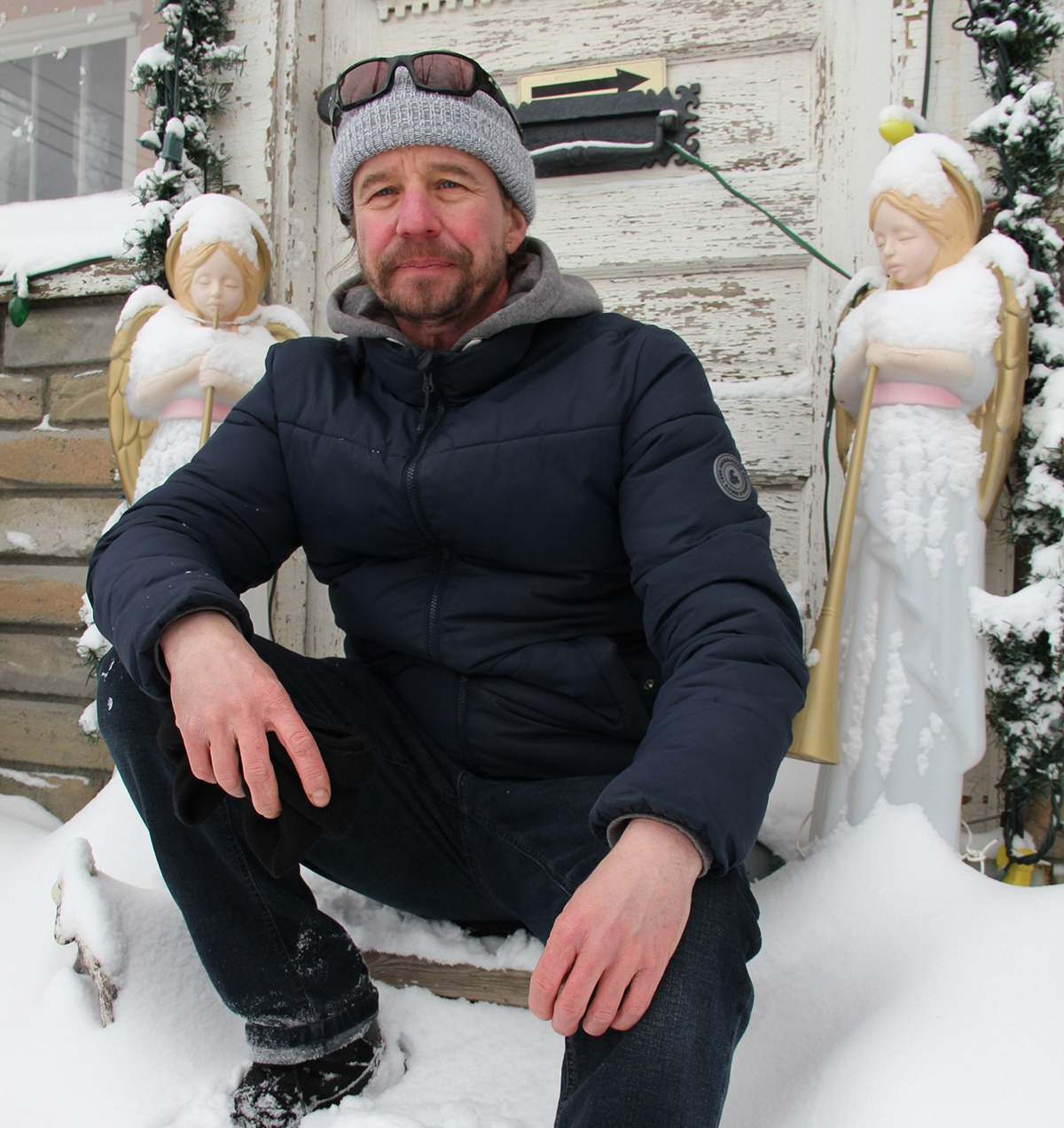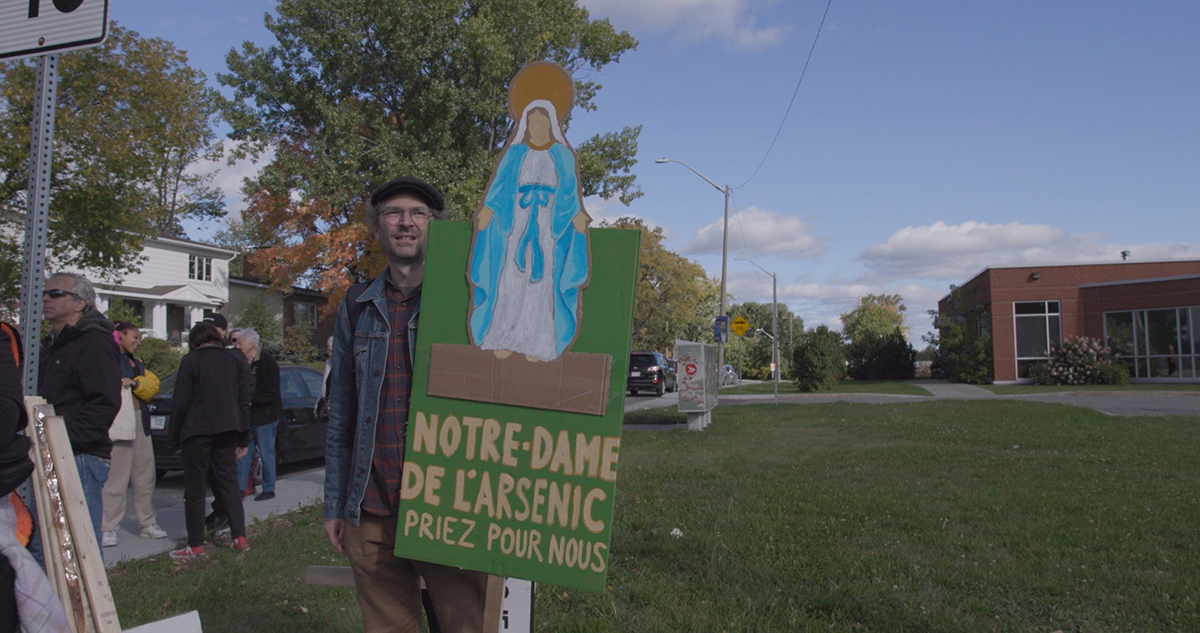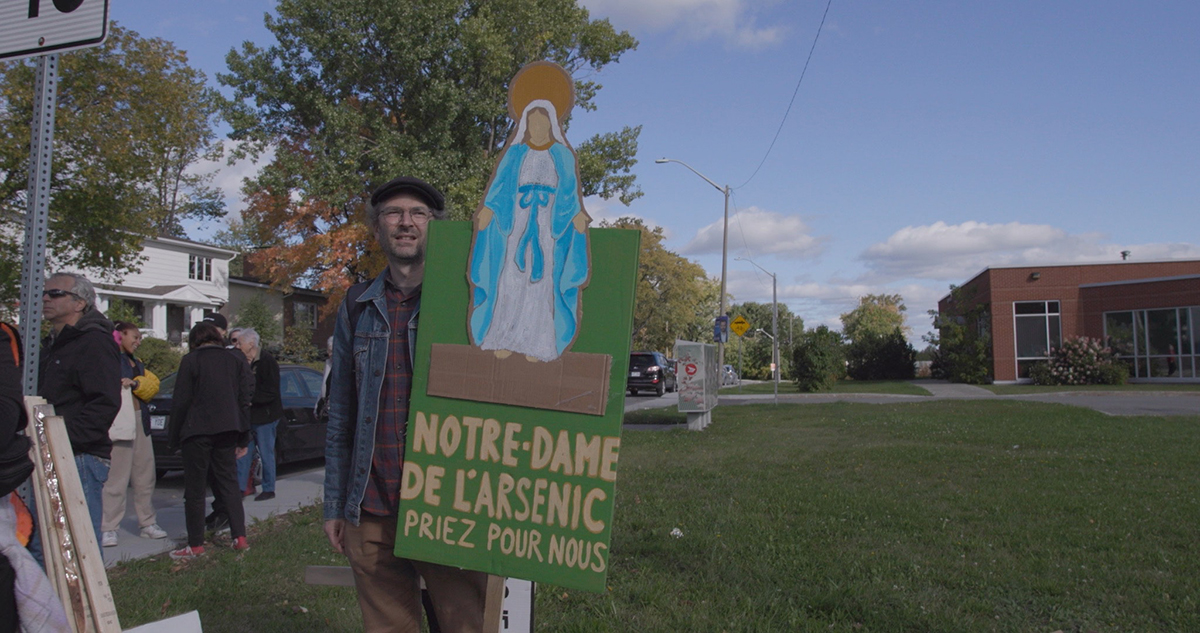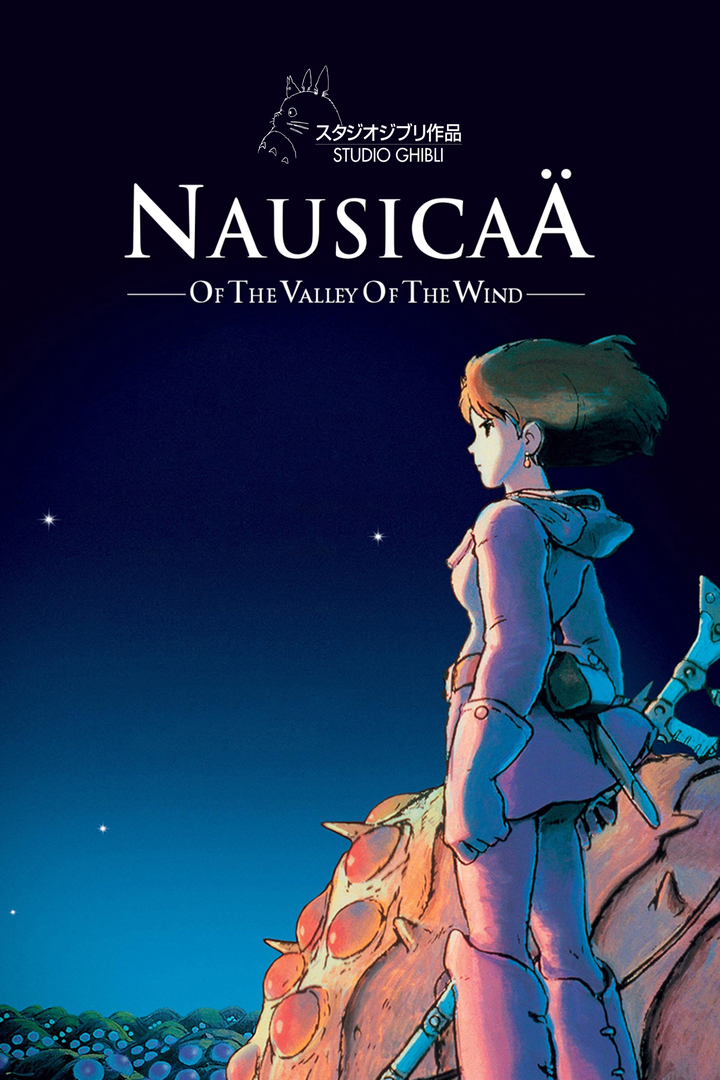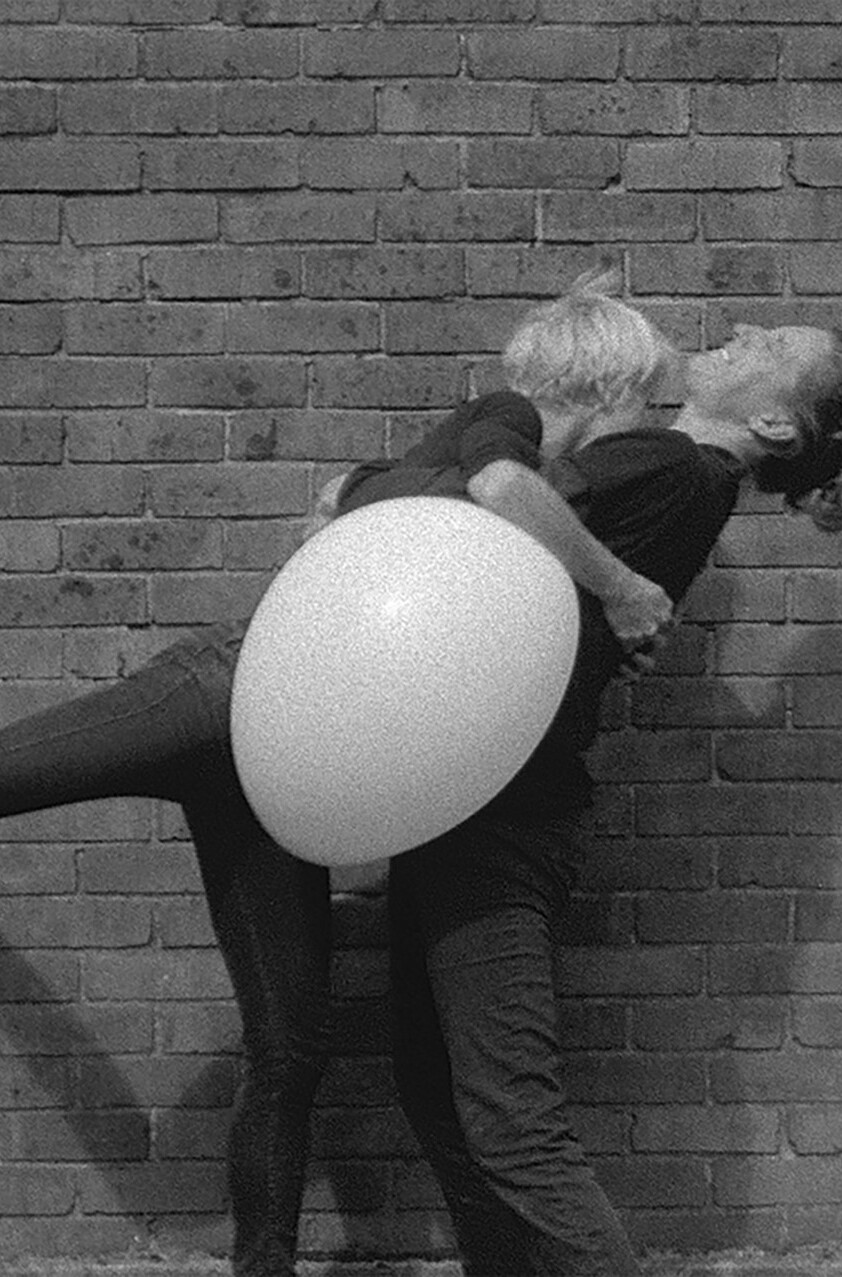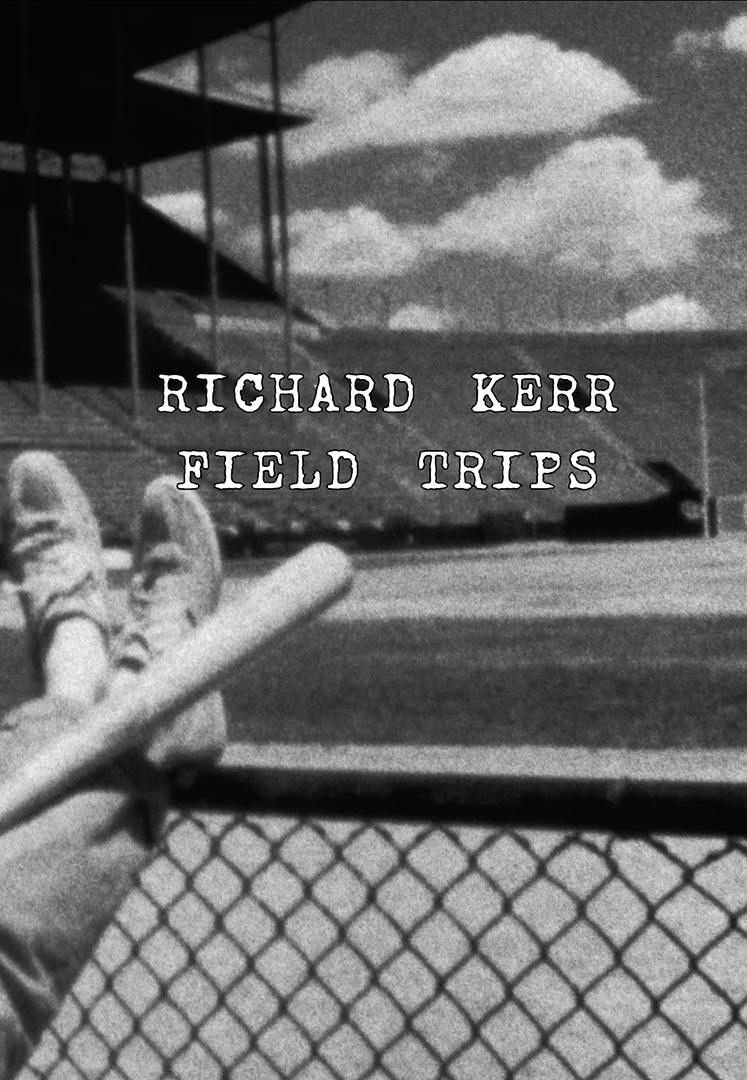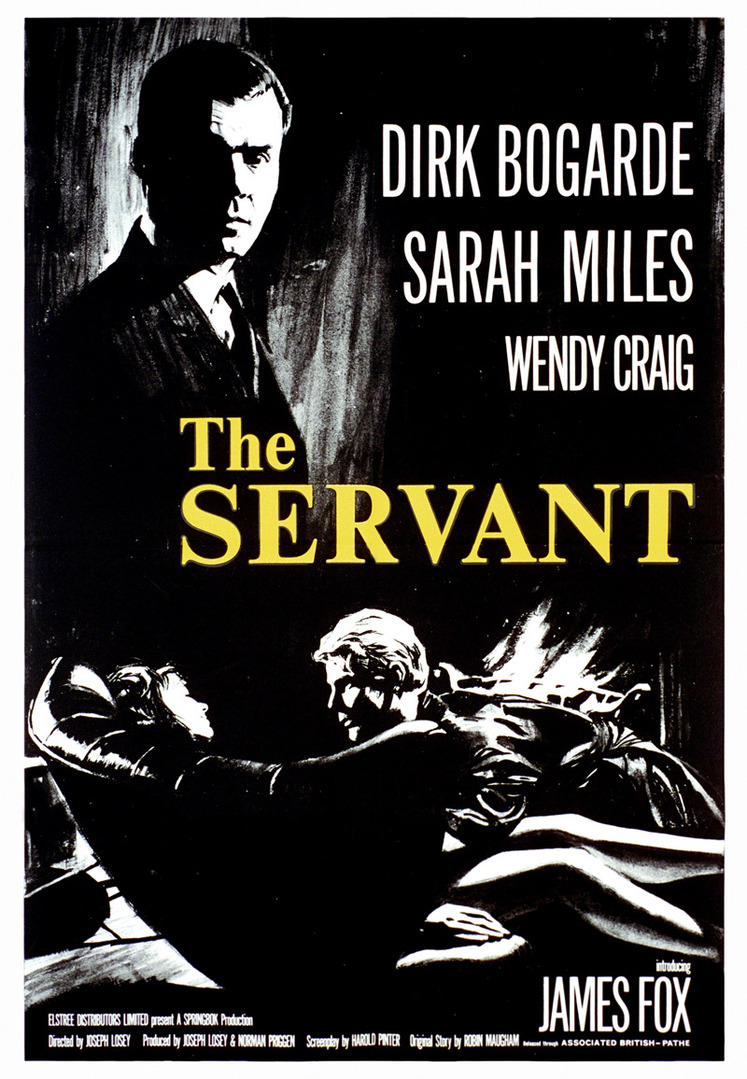Notre-Dame-de-l'Arsenic
The mission of the Centre d'art et essai de la Cinémathèque québécoise (CAECQ) is to primary program Quebec-made documentaries and independent fiction, as well as international documentaries, animated and foreign films, while encouraging opportunities for meetings between the public and the artists. Its programming is presented in conjunction with the Cinémathèque québécoise’s under the label New releases.
Q&A
May 15 : discussion with directors Martin Frigon and Christian Mathieu Fournier and producer Nadine Beaudet, Émilise Lessard-Therrien and Gabrielle Izaguirré-Falardeau.
May 16 : discussion with director Martin Frigon and Colin Pratte, researcher at the Institut de recherche et d'informations socioéconomiques (IRIS), on the tax practices of Glencore, the company that owns the Horne Foundry.
May 17 : discussion with the director Martin Frigon, Maryse Bouchard, Canada Research Chair on Environmental Contaminants and Population Health and Martin Lizotte, composer of the soundtrack.
May 18 : discussion with the director Martin Frigon and Vincent Guignard, editor.
The epicenter of the film is the Notre-Dame district in Rouyn-Noranda, which is in the spotlight thanks to a series of revelations that shed light on the impacts of toxic emissions from the Fonderie Horne. It gives the opportunity to the Abitibi deputy Émilise Lessard-Therrien and the artist Richard Desjardins, originally from the Notre-Dame district, as well as several citizens to speak.
Through the eyes of former workers, activists, doctors, mothers and fathers, the doors of the city are opened one by one. In a quest to discover what allowed the multinational Glencore to release down such quantities of arsenic, lead and cadmium on their childhood town, and question their future. Should they leave and abandon their community? A feeling of injustice and revolt takes hold of the protagonists.
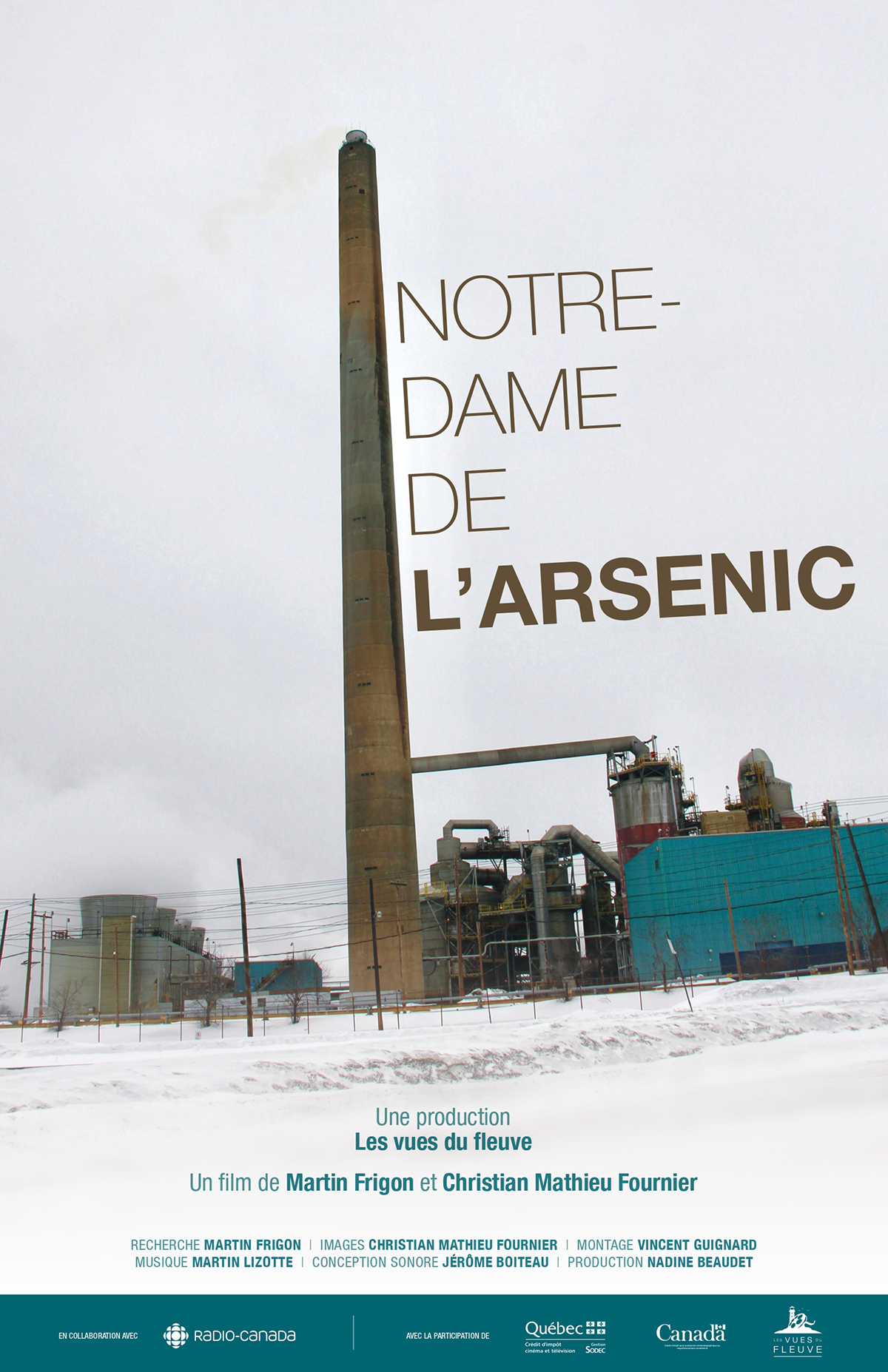
Christian Mathieu Fournier
Christian Mathieu Fournier fait ses débuts dans le cinéma documentaire avec Maudite machine! (2002), un portrait humain sur l'univers des joueurs compulsifs à la loterie vidéo-poker. Il réalise ensuite Make money, salut bonsoir! (2004), Léandre Bergeron : avec conviction sans espoir (2008) et Nallua (2015), portant sur deux femmes inuites qui reviennent sur les lieux d’une tragédie qui a décimé leurs proches en 1943. Avec Nadine Beaudet, il coréalise La maison des Syriens (2017) et sa suite, Les Syriens et Portneuf : une histoire d’accueil (2020). En 2021, il réalise Jamais je ne t’oublierai, une incursion unique et privilégiée sur le quotidien vécu au cœur du CHSLD du village de Saint-Casimir.
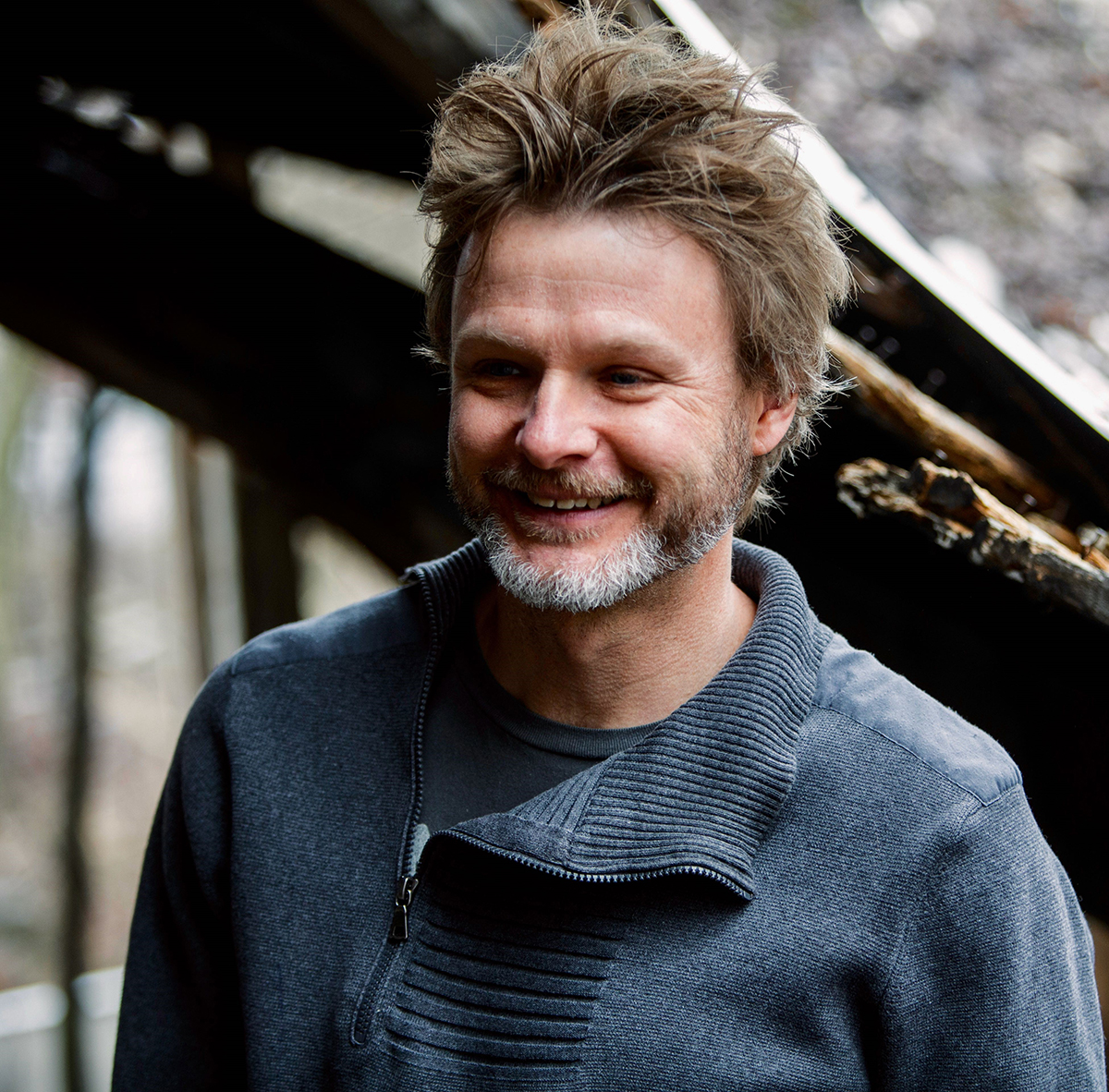
Martin Frigon
Martin Frigon a produit et réalisé une foule de projets documentaires pour le cinéma, la télévision et divers organismes des milieux culturel et syndical. Parmi ses réalisations, on compte Make Money, Salut, bonsoir! (2004), Mirages d’un Eldorado (2008), La Grande Invasion (2012) et Main basse sur la ville (2018). Outre ses occupations de documentariste, il se passionne pour la parole, la critique sociale et l’histoire. Il a été conférencier et lecteur dans le cadre d'événements publics tels que le « Moulin à paroles » (Plaines d’Abraham) et « Nous sommes arrivés à ce qui commence » (Monument-National).
